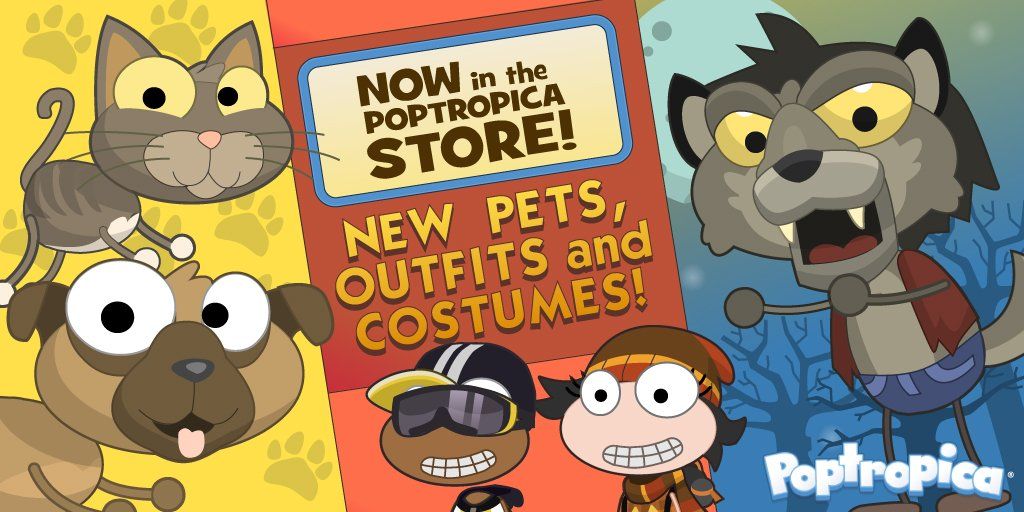
Roger the vulture shopkeeper doesn't even appear on the selection screen until he is unlocked after the player spends 100 gold or more on the black market's items.
Bounty Of One: Most of the characters on the select screen must be unlocked and their unlock requirements are displayed on their stat sheet. In addition to finding members of the team in the game's levels, you can unlock supporting characters for the cast (like Prince Vorkken, Chewgi, and Immorta), and even some of the cast of Bayonetta (though Bayonetta herself requires you to complete the game 100%). There's a plethora of these in The Wonderful 101. Beating Snailiad once unlocks Sluggy Slug, who is the sole player character of Slug Mode. In Devil May Cry 3: Special Edition, Vergil is playable after beating the game once.  In Devil May Cry 2, you unlock Trish as a playable character after clearing Dante's campaign on Hard mode, although she can be used on both campaigns. Castlevania: Dawn of Sorrow 's Julius Mode, besides being a tribute to Castlevania III: Dracula's Curse, is also a rare example of a Bad End Plus: the reason you're playing as Julius is to kill Soma, who's become Dracula.
In Devil May Cry 2, you unlock Trish as a playable character after clearing Dante's campaign on Hard mode, although she can be used on both campaigns. Castlevania: Dawn of Sorrow 's Julius Mode, besides being a tribute to Castlevania III: Dracula's Curse, is also a rare example of a Bad End Plus: the reason you're playing as Julius is to kill Soma, who's become Dracula.  Since Castlevania: Symphony of the Night, Castlevania has featured unlockable characters, usually the secondary characters.
Since Castlevania: Symphony of the Night, Castlevania has featured unlockable characters, usually the secondary characters.  In Astalon: Tears of the Earth, in addition to the three main protagonists, two unlockable characters can be recruited: Bram the Hunter of Monsters and Zeek the Intrepid Merchant. In social games anything can be used to keep score, such as beans, corn kernels, or seeds. In the West the game was replace by a social game called “hand game”, where a small round stone is put in one hand the other team/person guesses which hand it is in, a variation is 2 stones one “marked”, the other is not and the other team or person guesses which one is marked. This game was last played in this form around 1894, however the songs survive today as a “social dance” among the Iroquois People. The entire time the game is being played there are specific songs that are sung in sets of 12, a sacred number among the Lenape/Delaware.
In Astalon: Tears of the Earth, in addition to the three main protagonists, two unlockable characters can be recruited: Bram the Hunter of Monsters and Zeek the Intrepid Merchant. In social games anything can be used to keep score, such as beans, corn kernels, or seeds. In the West the game was replace by a social game called “hand game”, where a small round stone is put in one hand the other team/person guesses which hand it is in, a variation is 2 stones one “marked”, the other is not and the other team or person guesses which one is marked. This game was last played in this form around 1894, however the songs survive today as a “social dance” among the Iroquois People. The entire time the game is being played there are specific songs that are sung in sets of 12, a sacred number among the Lenape/Delaware. 
Score is kept by using something non-living such as pieces of thread, cloth, or something similar, this is symbolic of the time of death. A pair of moccasins are used and one player hides the wampum game piece in one of the moccasins and the opposing team, or person has to guess which moccasin the piece is in. Moccasin GameTraditionally played during the night during the funeral rite, teams or individuals would play against one another.






 0 kommentar(er)
0 kommentar(er)
